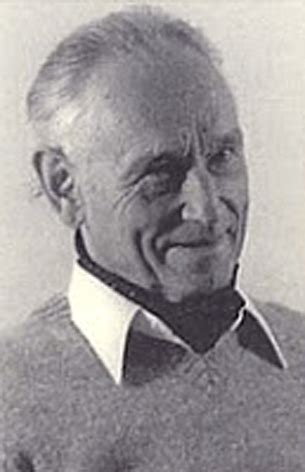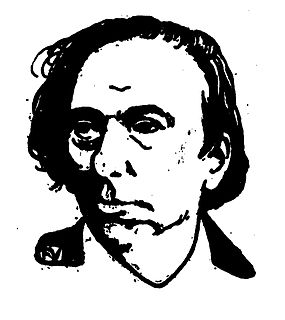A Quote by Friedrich Nietzsche
He who denies himself much in great matters will readily indulge himself in small things.
Related Quotes
How does one chip off the marble that doesn't belong? ... That comes about through five things: humility, reverence, inspiration, deep purpose, and joy. No great man has ever wise-cracked his way to greatness. Until one learns to lose one's self he cannot find himself. No one can multiply himself by himself. He must first divide himself and give himself to the service of all, thus placing himself within all others through acts of thoughtfulness and service.
Anyone who is not totally dead to himself will soon find that he is tempted and overcome by piddling and frivolous things. Whoever is weak in spirit, given to the flesh and inclined to sensual things can, but only with great difficulty, drag himself away from his earthly desires. Therefore he is often gloomy and sad when he is trying to pull himself away from them, and easily gives way to anger should someone attempt to oppose him.
The whole Hollywood conception of Tibet as this peace-loving country denies the complex humanity of the Tibetan people. Their ideas exist in a high degree of tension with impulses toward corruption, toward violence, toward all sorts of things. The Dalai Lama himself would say that he has to fight these impulses himself on a daily basis.








































